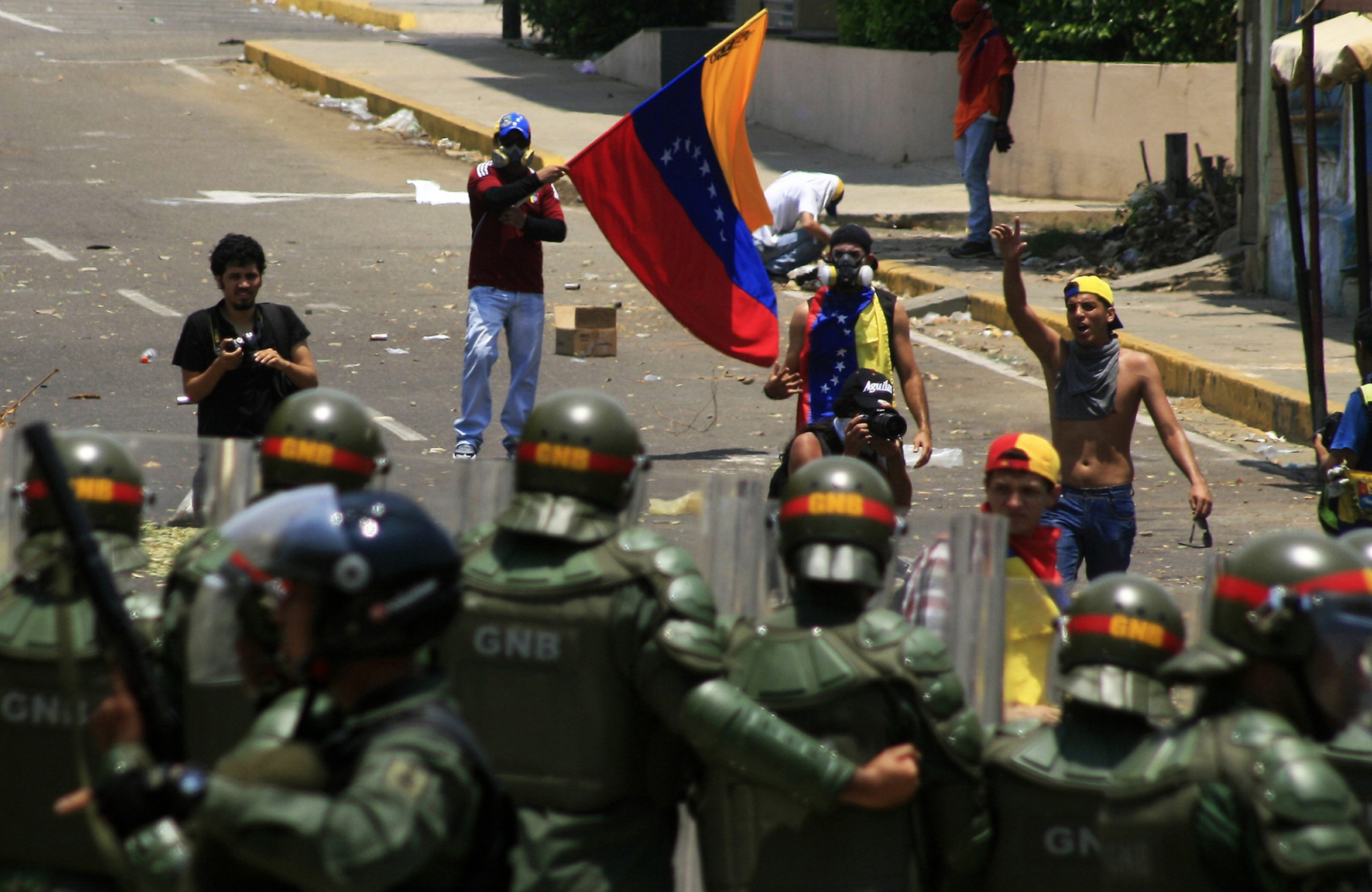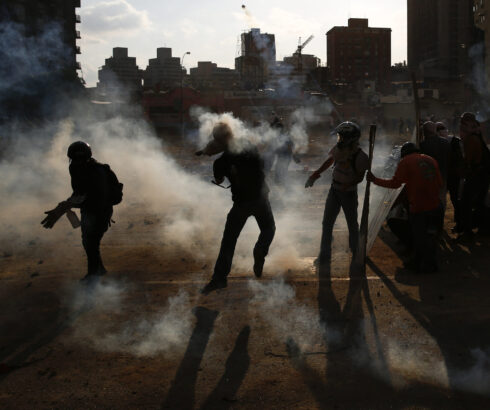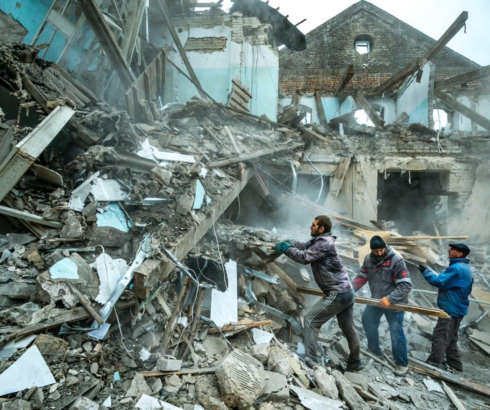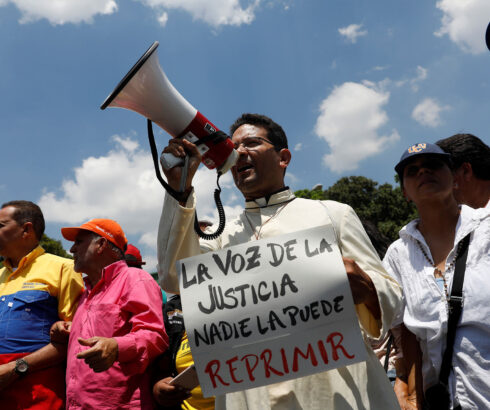Advocacy is an integral part of The Docket’s work and is essential to ensure successful legal action as well as long-lasting systemic change.
The Docket uses a combination of advocacy methods to engage with governments, partners, and international and regional legal bodies. All our work is done with the ultimate aim of securing justice for survivors in mind.
But what is “advocacy”? The word is often used by NGOs and civil society about the work they do behind-the-scenes to secure change. The Docket uses a number of advocacy “tools” to assist in its work.
Targeted advocacy
Who are the decision-makers and influencers? How can we reach them to tell them what is happening to people on-the-ground in the countries we investigate? This is what we mean by targeted advocacy.
Public exposure campaigns
We work with the media and other organizations to try to shed light on what is happening for the general public. Sometimes perpetrators of atrocities rely on no-one knowing what is happening to get away with it, and The Docket seeks to change that.
Coalitions
Coalitions with other local or international groups. Our Partners are essential to our work, and we cannot make real change unless we work together.
Legal advocacy
Legal advocacy to develop litigation strategies and provide direct representation to clients.
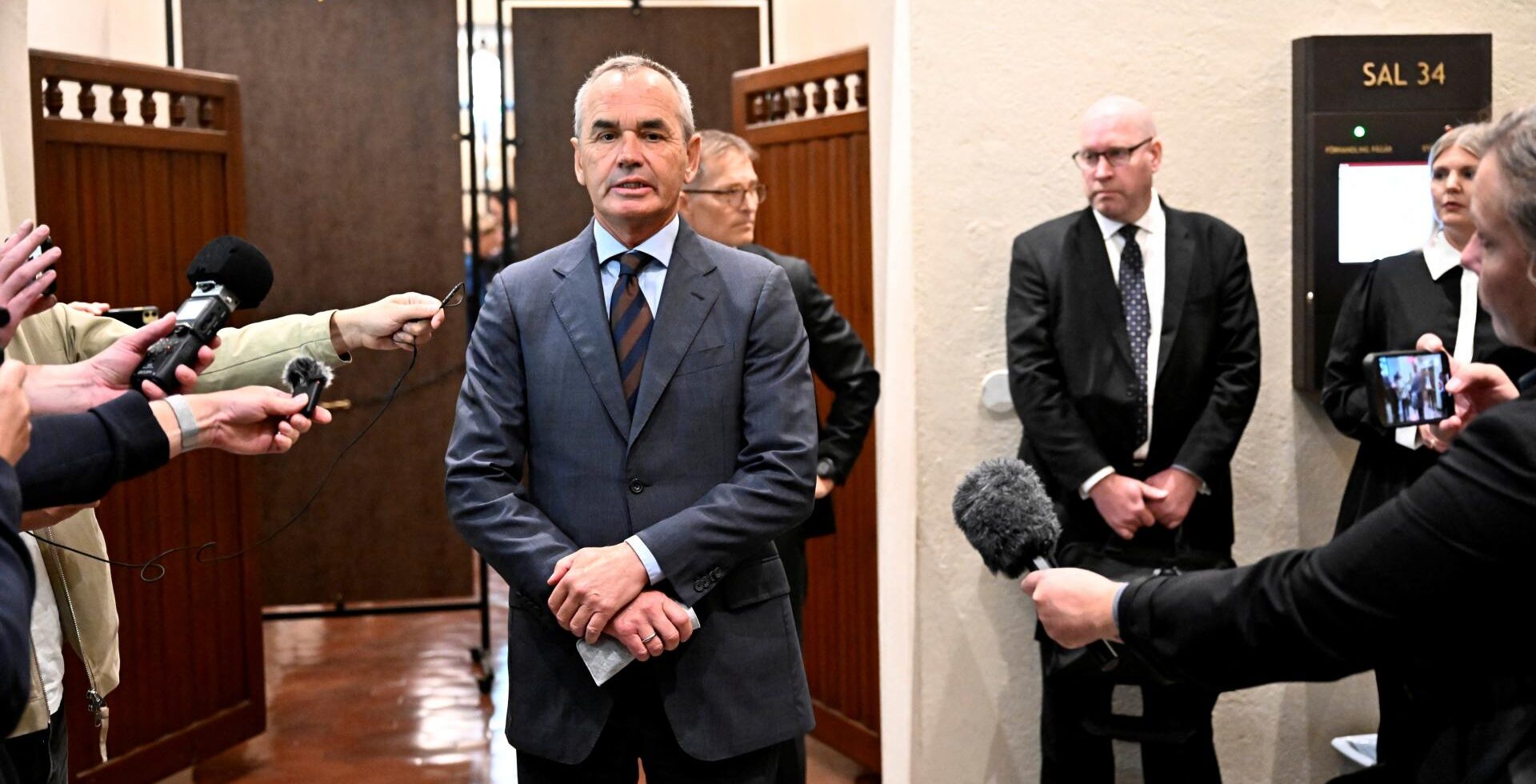
Oil companies complicit in International Crimes in Sudan
Thousands of people were killed, raped, tortured, abducted and displaced between 1997 and 2003, when a consortium led by Swedish company Lundin Energy (then Lundin Oil AB) engaged in oil exploration in Block 5A, an area then part of Sudan and currently in north-central South Sudan.
The Docket is assisting the team of Swedish lawyers who have been appointed by the Swedish court to represent Sudanese victims. The Docket is:
- Advocating for corporate accountability and supporting Swedish prosecution’s case that Lundin executives should be held criminally liable. This is particularly important to counter the well-funded campaign by Lundin’s defense to ensure impunity for the company’s crimes.
- Carrying out and supporting independent investigations in Sudan to strengthen the case against and ensure reparations for victims.
- Helping victims tell their stories in their own words after decades of being silenced.
